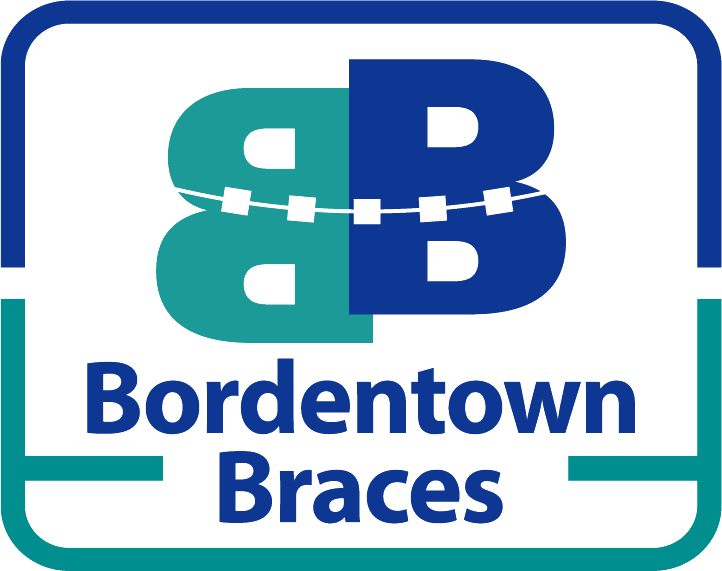
How to Avoid Thumb Sucking Teeth
Thumb-sucking teeth are a common problem among kids and teenagers that are allowed to continue their thumb-sucking behavior. Unfortunately, it can be hard to stop your child from sucking at their thumb because you’re not always there to see what they’re doing.
Chronic thumb-sucking can lead to severe oral health issues impacting your child’s life. Even if you can monitor your kid 24/7, there are ways to avoid thumb-sucking teeth.
Please continue reading to learn everything you need about thumb-sucking teeth and avoiding this problem for your child. In addition, we’ll discuss why kids suck their thumbs and what thumb-sucking teeth look like.
How To Stop Thumb Sucking
If you notice your child sucking their thumb, you should immediately nip this problem in the bud. Allowing them to continue will worsen their dental health and can cause long-term consequences. Follow the tips below to stop thumb-sucking early.
- Observe the moment your child goes to suck their thumb. Thumb-sucking is typically an anxiety response, so you may notice a scenario that causes this behavior. Then, you can work through better coping mechanisms.
- When you see your child sucking their thumb, you should remind them not to. This behavior is often subconscious, so they might not notice that they’re doing it. Be kind when you remind them, or it could worsen the issue.
- Give your child rewards when they don’t suck their thumb in certain situations. For instance, you could get them a tree or participate in their favorite activity if you notice improvement. However, it would be best if you did not reward bad behavior. So, if your child sucks their thumb, you should not reward them or them for it.
It’s important to remember that your child doesn’t mean to cause permanent dental damage. It will only worsen their anxiety if you’re mean to your kid when you tell them to stop sucking their thumb. Then, they’ll suck their thumb more when you’re away because you can’t monitor them 24/7.
It would be great if you devised a plan to encourage your child to avoid this behavior even when you’re out of the room. Offering gentle reminders and positive encouragement is a great way for them to monitor themselves.
What Do Thumb Sucking Teeth Look Like?
If you’re a child sucks their thumb, they can develop an overbite. This jaw misalignment can be expensive to repair and cause mouth pain, dental health problems, and headaches. However, if you stop this behavior early, you won’t have to worry about these problems.
For example, these dental problems are more common in children that chronically suck their thumbs. If a child doesn’t have this problem chronically or stops early, they won’t develop dental health issues that result from this behavior. Some sucking teeth can also lean outward instead of standing straight up and down like regular teeth.
Why Kids Suck Their Thumbs
It’s an instinct for babies to suck on things nearby, which is why they often put their fingers in their mouths. This is a self-soothing tactic for babies that can carry on into early childhood if you’re not careful. Kids typically suck their thumbs when they feel anxiety and don’t know how to deal with it.
You must teach your kid healthier self-soothing techniques and remind them to use their new skills often. Thumb sucking can be difficult for your child to kick, but if you’re persistent and kind, the habit will go away. Alternatively, reacting angrily to this behavior could worsen the situation and cause more anxiety for your kid.
Kids’ Dental Hygiene Needs
Stopping your child from sucking at their thumbs is an important part of their dental care. You should pay attention to this issue because it can have lasting effects on dental health and cost money in the long run. Although sucking their thumbs might suit them in the short term, it can cause distress as their jaws develop.
If you notice the early signs of thumb-sucking teeth in your child, it’s important to seek dental services. A pediatric dentist can assist you with this problem and reduce the harm that results from this behavior. You don’t need to wait until your child’s adult teeth grow to visit a pediatric dentist to assist with your child’s oral health.
Thumb Sucking Long-term Affects
You need to stop thumb-sucking behavior as soon as possible for several reasons. It would be best to stop this behavior while your child is still a baby. The following are the long-term effects of unregulated thumb sucking.
- Jaw alignment problems
- Speech impediment
- Cavities
- Ear infections
- Blisters on their thumb
- Open bite
- Overbite
- Crooked teeth
- Overlapping teeth
the alignment issues from thumb sucking can only be resolved if you visit a dentist. If your child has thumb-sucking teeth, they can get child aligners to minimize this problem. If you don’t take your child to a dentist to fix their oral concerns, it could impact their physical health and self-esteem.
Is Thumb Sucking Normal?
Yes! If your child sucks her thumb, this is normal behavior, but this isn’t good. Even though most kids suck their thumb at some point, you need to stop this behavior, or it could ruin their dental health.
However, thumb-sucking doesn’t mean your child has any neurological problems you should worry about. Babies and children are inclined to suck their thumbs as a self-soothing behavior. So, you might notice them doing this before bed or when they’re in a stressful situation.
Final Thoughts
The only way you can avoid thumb-sucking teeth is to stock your child from sucking their thumbs. At first, this may seem like a difficult task because you’re not around all the time to watch their every move. However, if you positively encourage them to stop, they’re likely to end this behavior.
However, if you yell at your child to stop sucking their thumb, this can increase their anxiety, and they’ll suck their thumb while you’re away. You should use positive reinforcement in this behavior and gently remind your child to stop when you notice them sucking.
Looking for braces or Invisalign? Looking for an board certified Orthodontist in Central NJ that treats kids, teens and adults? Bordentown Braces serves all surrounding areas of Bordentown, NJ including:
